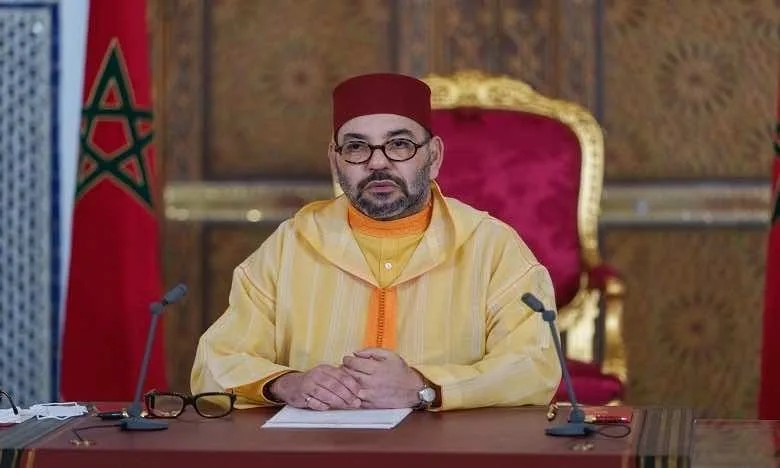Rabat – Morocco has officially canceled Eid Al Adha that the Islamic ritual victim of cattle, due to the continuing drought crisis and the associated challenges that the agricultural goals in Morocco and the entire economy have negatively influenced.
The Minister for Islamic Affairs Ahmed Toufiq announced the news in a television message and emphasized that the notice is in line with the guidelines of King Mohammed VI.
“Our concern to observe this religious ritual under the best circumstances is accompanied by our duty to take into account the climate and the economic challenges for our country, which have led to a significant illness in animal numbers,” said the monarch in its guidelines.
He emphasized that the implementation of Eid Al Adha under these challenges “would cause real damage for many of our employees, especially those with limited resources.”
When the Moroccan economy rests from a six-year-old, drought crisis, King Mohammed VI asks the Moroccans not to celebrate the ritual of Eid al-Adha this year.
Due to poor rainfall, Morocco dealt with a number of challenges, which causes measures to fulfill local needs.
In particular, the country has turned to import many products it used to produce in sufficient quantities, including wheat and red meat.
Despite this policy of subsidized imports, inflation has weighed up the purchasing power of Moroccans. A kilogram of meat beaten can reach MAD 120, while a kilogram of beef is estimated by MAD 90 and MAD 100.
The historical announcement by King Mohammed VI, who canceled the celebration of one of the most important festival of Islam, comes after the Moroccan Minister of Agriculture, who made 24 statements in an interview in an interview with France.
Ahmed Bouari admitted that a lack of water in Morocco triggered serious concerns and reached the country near structural water stress.
It is expected that the situation is “deteriorated due to the increased water requirement and rapid climate change,” he complained. “The country has fluctuations and declines of the precipitation, which have a negative impact on water imports and consequently influence the dam level and the groundwater reserves.”
According to Bouari, water reserves in Moroccan insulation are not exceeded 4.6 billion cubic meters with a filling rate of 28%.
Of these, 70% concentrate in the Sebou and Loukkos pelvis in the north.
“Due to the need to secure water for priority sectors such as driving and industry, the agricultural sector remains the most affected. Most irrigation areas are subject to strict regulations and water rationing, ”said the minister.
He remembered strategies and measures that Morocco has introduced in the past few months, including the DAM directive to increase the storage capacity to 26 billion cubic meters and the diversification of water resources.
Many Moroccan Internet users have requested the cancellation of the festival under #canceleidaladha hashtag in Arabic.
The king Decision It is expected to receive applause, as many deal with socio -economic challenges and complain about the high prices for raw materials.
Morocco previously sent the celebrations of Eid Al Adha three times during the deceased King Hassan II.
The first time was in 1963 when the deceased king announced the cancellation of the sacrificial ritual due to the “sand war” between Morocco and Algeria.
The second time was when Morocco suffered from a heavy drought in 1981, while the third time in 1996 due to waves of severe falling tours, which reached its peak in 1995, waves.





